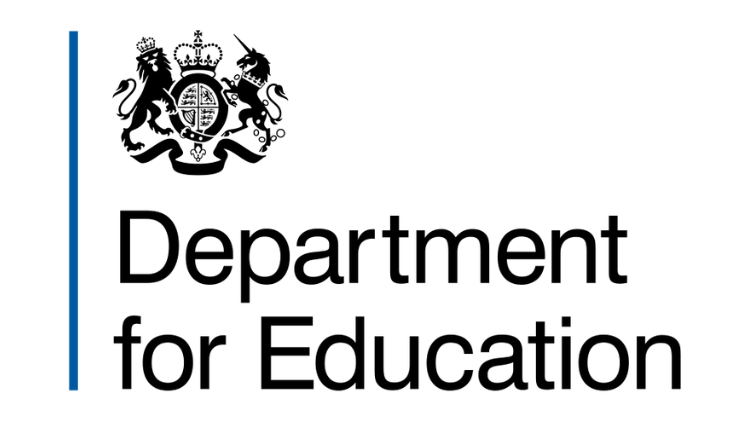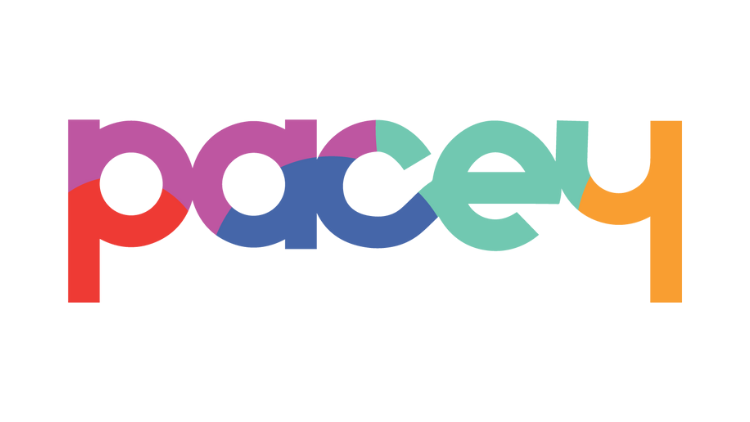Today (30 October) Chancellor of the Exchequer Rachel Reeves delivered the Autumn Budget 2024, outlining the state of the economy and announcing the government’s main changes to the tax system and public spending for the year ahead. She confirmed the government will be implementing all the recommendations made by the Office for Budget Responsibility (OBR) in its report.
Early years funding
The government has committed to “increasing spending on early years and family services to over £8 billion in 2025-26”. This includes £1.8 billion for the funded entitlement expansion, tripling the investment into free breakfast clubs for “thousands of schools” at £30 million next year and £69 million towards Family Hubs. While the government committed to “reforming SEND provision” with a £1bn uplift in funding, it is not clear whether this specifically includes early years.
National Living Wage and National Minimum Wage
The National Living Wage will increase from April 2025. The new rates which will apply from 1 April 2025 are:
- National Living Wage (21 and over) £12.21 (6.7% rise)
- 18-20 Year Old Rate £10 (16.3% rise)
- 16-17 Year Old Rate £7.55 (18% rise)
- Apprentice Rate £7.55 (18% rise)
Employer National Insurance contributions will increase to 15% from April next year and the threshold at which businesses pay National Insurance has been reduced from £9,100 per year to £5,000.
Employment Allowance – the amount that employers can deduct from their employer National Insurance contribution bill (NICs) has been increased from £5,000 to £10,500.
Helen Donohoe, PACEY Chief Executive comments:
“Britain’s first ever female Chancellor delivered a historic Budget today which included desperately needed investment in public services including health, transport and schools.
There were other measures that will help very small businesses and sole traders such as childminders, for example a freeze on fuel duty, and we wholly welcome the £1.3 billion additional grant funding for local government.
And of course, we absolutely think it’s right that the hard-working early education and childcare workforce receive a well-earned pay boost. But we are worried that the increase in the national minimal wage and the rates of employee national insurance contributions may have unintended negative consequences.
The government have previously committed to funding increases linked to inflation, statutory wage rises and average earnings, so they need to meet this commitment when funding rates are published later this year.
In the last few weeks, we have seen measures announced that will increase flexibilities and growth opportunities for childminders. With one fifth of childminders already employing assistants and apprentices we would not want to see any unintended barriers to childminders expanding their team.
It all reinforces our call for a long-term cross departmental strategy for early education and childcare.”
If you are concerned about how the measures announced in the Autumn Budget will impact you and your business, please get in touch with PACEY’s Policy Team.



